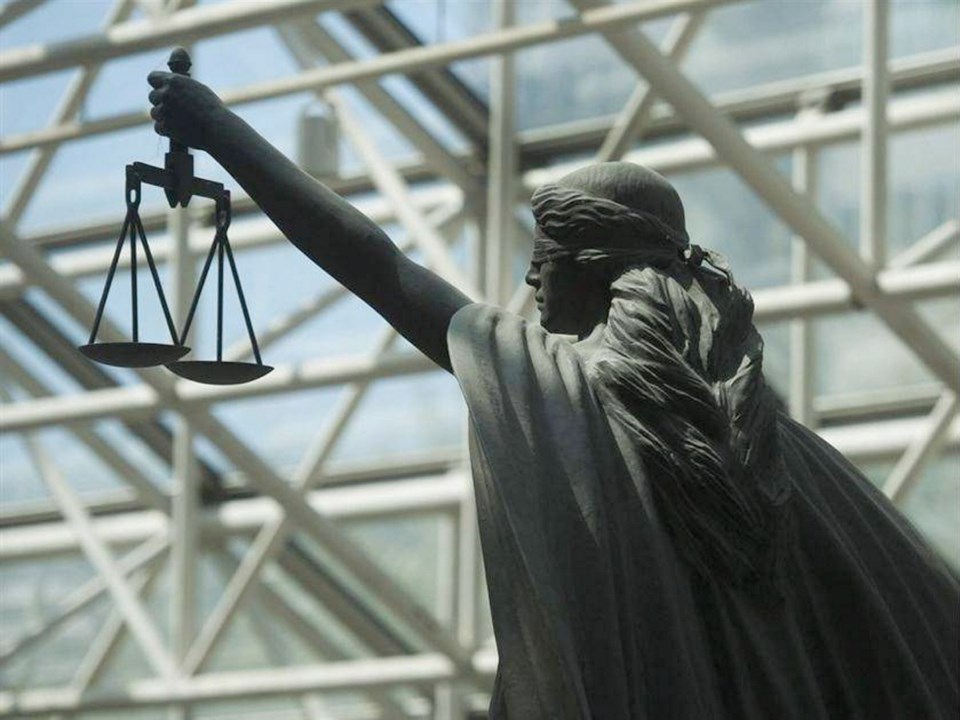Legal traditions of First Nations must be acknowledged, respected and brought into use before real reconciliation can happen between all of Canada’s peoples, says a UVic legal scholar.
“True reconciliation is only going to happen when peoples are represented in their fullness, not just in Canadian law but also Indigenous law,” said Val Napoleon, the Law Foundation Professor of Aboriginal Justice and Governance at the University of Victoria.
“[First Nations] legal traditions can be brought forward and considered in any circumstance.”
She and Jamie Cassels, UVic’s president and vice-chancellor, were in Vancouver this week to make a pitch to the House of Commons standing committee on finance for support in establishing an Indigenous law program.
In his presentation, Cassels said the degree would be a four-year program instead of the three years of a regular law degree. Graduates would hold degrees in common law and Indigenous laws and traditions.
To gain knowledge of Indigenous legal traditions, students would engage in practical, hands-on sessions in field work conducted in Indigenous territories across Canada.
UVic is also planning to establish an Indigenous Legal Lodge, a national institution for engagement, debate, learning, and partnership on Indigenous legal traditions.
Cassels said UVic is asking the federal government to assist with its creation of the Indigenous Legal Lodge to fulfil one of the recommendations in the Calls to Action of the Truth and Reconciliation Commission, which examined the legacy of the residential school system in Canada.
Napoleon, who is Cree from northeast B.C., said the creation of this shared legal tradition will rest upon a foundation of Indigenous law and common law.
“It would draw upon the strength and wisdom of both sides to solve problems, which, ultimately, is what the law is really all about,” she said.
Constitutional questions, for example, might require examination of Anishinaabeg laws and Canadian constitutional law. Criminal law might draw upon Cree laws and the Criminal Code of Canada. Property issues might acknowledge Tsimshian traditions and Canadian and B.C. law.
Napoleon said Canada, as a confederation, is familiar with accommodating several legal traditions at the same time. In the multi-jurisdictional country, occupied by provinces, territories and a federal government, lawyers already pick their ways through different laws and interpretations.
Notably, Quebec has its own French-derived civil law. Law students in that province are already learning on two tracks: civil and common law.
Indigenous lawmakers and politicians are also asserting the right to be a part of the legal and political processes in Canada, contributing to the nation’s laws and precedents.
“The graduates of our program will continue to do that work, but they will also be creating new ground,” Napoleon said. “This really is a new era for Canada, an exciting era for Canada.”



